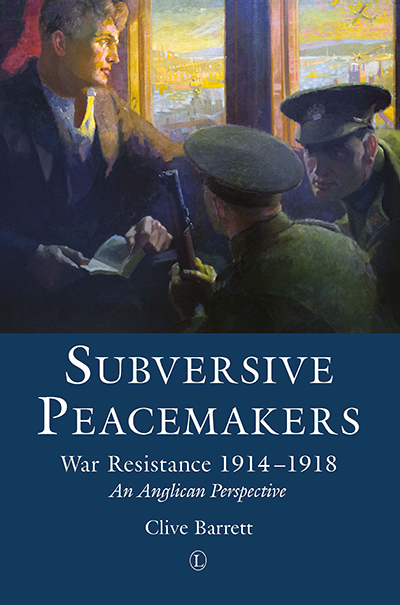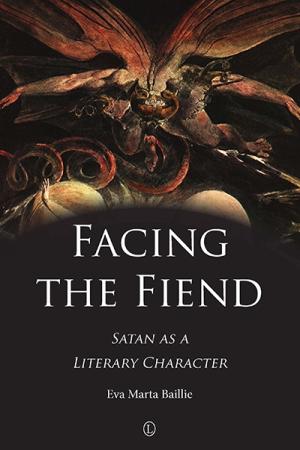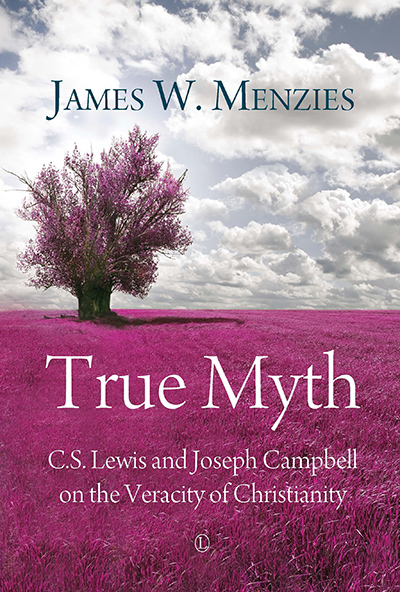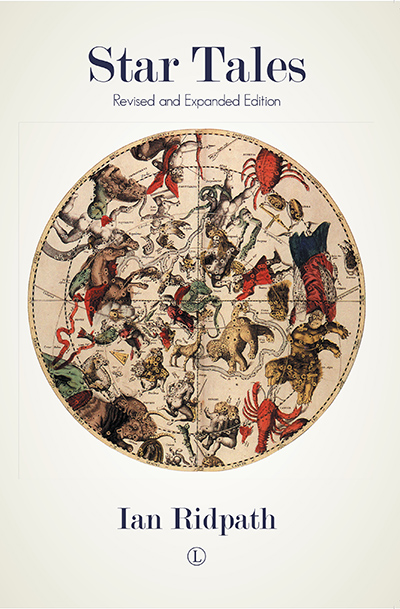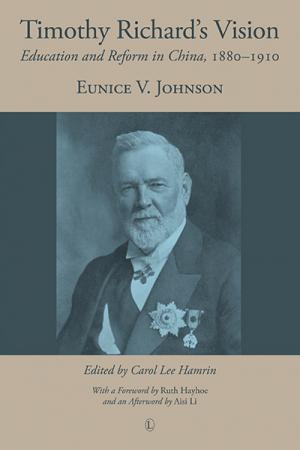Description
The outbreak of the First World War saw an upsurge of patriotism. The Church generally saw the war as justified, and many clergy encouraged the men in their congregations to join the army. There was, however, already a strong strand of anti-war sentiment, opposed to the dominant theology of the Establishment. This was partly based on traditional Christian pacifism, but included other religious, social and political influences. Campaigners and conscientious objectors voiced a growing concern about the huge human cost of a conflict seemingly endlessly bogged down in the mud of the Flanders poppy fields. Subversive Peacemakers recounts the stories of a strong and increasingly organised opposition to war, from peace groups to poets, from preachers to politicians, from women to working men, all of whom struggled to secure peace in a militarised and fragmenting society. Clive Barrett demonstrates that the Church of England provided an unlikely setting for much of this war resistance.
Barrett masterfully narrates the story of the peace movement, bringing together stories of war-resistance until now lost, disregarded or undervalued. The people involved, as well as the dramatic events of the conflict themselves, are seen in a new light.
About the Author
Dr Clive Barrett is an Anglican priest, working with West Yorkshire Ecumenical Council to build relationships between churches of different traditions. He has edited volumes on ecumenism (Unity in Process, 2012) and international peace heritage (Museums for Peace: Transforming Cultures, 2012). A past Chair of the Anglican Pacifist Fellowship, he is Chair of the Peace Museum, Bradford, and a Visiting Fellow at the Department of Theology and Religious Studies, University of Leeds.
Contents
List of Illustrations
List of Abbreviations
Preface
1. Introduction: The Nature of the Church of England
2. An Era Ends and a New Pacifism Emerges
3. 1914 – A New Peace Movement
4. The Pen is Mightier Than the Sword: George Lansbury
5. Women for Peace
6. Clergy in the Front Line of Resistance
7. World War, Worldwide War Resistance
8. Conscience versus the Military State
9. The Cost of Resistance
10. Losing “The Manhood of England”
11. The Aftermath of War
12. The Cast Revisited
13. Reflection on the Legacy of 1914-1918 War Resistance
Endnotes
Bibliography
Index
Endorsements and Reviews
Although the story of those courageous individuals who resisted the call to war in 1914 has been told before, this timely and original volume, based on extensive research and using original sources, sheds important new light on the subject. Focusing on the established church, the author convincingly shows that it overwhelmingly followed the government rather than the gospel. For those relatively few who remained faithful to their belief in nonviolence, it was a lonely stance, incurring hostility and ostracism.
Dr Peter van den Dungen, Visiting Fellow, School of Peace Studies, University of Bradford
Clive masterfully narrates the story of the peace movement, bringing together stories of war-resistance until now lost, disregarded or undervalued.
The Anglican Peacemaker, Vol 14, Issue 2
This book recounts the stories of a strong and increasingly organised opposition to war, from peace groups to poets, from preachers to politicians, from women to working men, all of whom struggled to secure peace in a militarised and fragmenting society … Clive Barrett demonstrates that the Church of England provided an unlikely setting for much of this war resistance.
International Network of Museums for Peace Newsletter, No 9
This is a remarkable book … One must admire the width of his research. The book has excellent end notes, bibliography and index. It should be a long standing reference.
Ian Simpson, in Headingley Parish Magazine, March 2015
It is a vitally useful addition to the literature on the subject. I have already drawn on it several times in my own teachings.
Symon Hill, in Third Way, Vol 39, No 2
This is a thoroughly researched and carefully documented work to be recommended to any serious reader wanting to examine the history and significance of those who took a costly pacifist stand.
Rev Marie Dove, in Methodist Recorder, 1 May 2015
I loved this book and learned such a lot from it, not least more details and new light on the history of [the Fellowship of Reconciliation] … anybody interested in the history of the peace movement will be delighted with this new Anglican perspective of war resistance during the First World War. The style of writing and the way Dr Barrett has organised the book makes it very easy to read and here is an author unafraid to speak truth as much as were the people he writes about.
Geraldine Bridges, in Peacelinks, March-May 2015
Clive Barrett is ideally placed to document Anglican resistance to the First World War … A thoroughly-researched and often entertaining account of those subversive peacemakers.
Virginia Moffatt, in Peace News, Issue 2580-81
It is a masterful and passionately told story of war resistance previously disregarded or undervalued in the unlikely setting of the Church of England.
Cyril Pierce, Reviews in History, No 1779
… deeply compelling …
Peter M. Waddell, in Reviews in Religion & Theology, Vol 22:4
Clive Barrett makes a valuable scholarly contribution to the war’s hidden history by documenting the stories of its half-forgotten subversive peacemakers who placed conscience before country …
James G.R. Cronin, in Reviews in History, 28 April 2016
As a pacifist who works as a Church of England priest and is also an accomplished scholar, Dr. Barrett is well placed both to engage with the doctrinal difficulties faced by Anglican pacifists and to chronicle the particular contribution that they nonetheless made to peace activism from 1914 to 1918. … He has produced a book which adds significantly to our historical understanding.
Martin Ceadel, in Peace & Change, January 2016
Barrett’s work is a good history of war resistance during the First World War that provides the reader with a thorough insight into the often hidden lives and opinions of those who could not, and would not, acquiesce in the general enthusiasm for the war’s cause and its climate of national hatred.
Jan Marten Ivo Klaver, in The Heythrop Journal, Vol 59, Issue 2
Barrett is also excellent at recognising the contribution of women to the Peace Movement.
Mark Dorsett, in Theological Book Review, Vol 28, No 28

